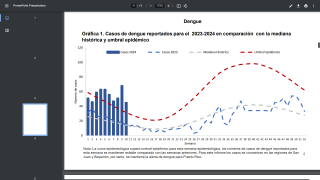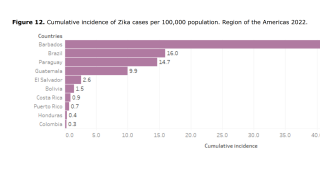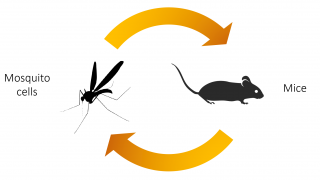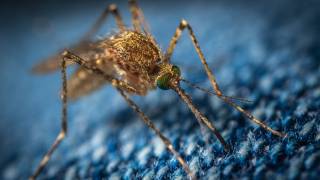Children Born During Zika Outbreaks Should Have Eye Exams

A new study published by the American Academy of Pediatrics conducted in Rio de Janeiro, Brazil during the Zika virus outbreak found 25.4 percent of children born to mothers with confirmed or suspected Zika infections had eye abnormalities.
Therefore, these researchers are suggesting that all infants born after Zika outbreaks should be universally screened for eye abnormalities, regardless of the presence of microcephaly.
This study during 2015-16 of 224 infants found 90 had central nervous system (CNS) abnormalities, including microcephaly (62 infants).
Eye abnormalities were present in 57 of 224 (25.4%) infants.
With specific optic nerve 44 of 57 (77.2%) and retinal abnormalities, 37 of 57 (64.9%) were the most common.
"CNS abnormalities significantly increased (15x) the chances of eye abnormalities," the authors wrote.
“Well-appearing infants were also found to have eye abnormalities.”
“Therefore, we suggest all infants born after Zika outbreaks should be universally screened for eye abnormalities,’ said these researchers.
Previously, on August 10, 2018, the Centers for Disease Control and Prevention (CDC) issued a report showing that approximately 14 percent of infants infected with the Zika virus in utero have one or more health issues at 1 year of age.
The rate of brain or eye abnormalities in this report were 30 times higher than the baseline of infants and children without Zika.
These CDC researchers analyzed data from the U.S. Zika Pregnancy and Infant Registry on 1,450 children in U.S. territories who were at least 1 year old and whose mother had confirmed or possible Zika virus infection while pregnant.
This finding highlights the need for ongoing surveillance, especially as some of the abnormalities were not apparent at birth.
“The Zika story is not over, especially for the children and families who have been directly affected,” said Peggy Honein, Ph.D., M.P.H., director of the CDC’s Division of Congenital and Developmental Disorders.
Our Trust Standards: Medical Advisory Committee
- Eye Findings in Infants With Suspected or Confirmed Antenatal Zika Virus Exposure
- Ophthalmologic Manifestations Associated With Zika Virus Infection
- Follow Up Care for Infants Born to Women with Possible Zika Virus Exposure During Pregnancy
- Vital Signs: Zika-Associated Birth Defects and Neurodevelopmental Abnormalities Possibly Associated with Congenital Zika Virus

























